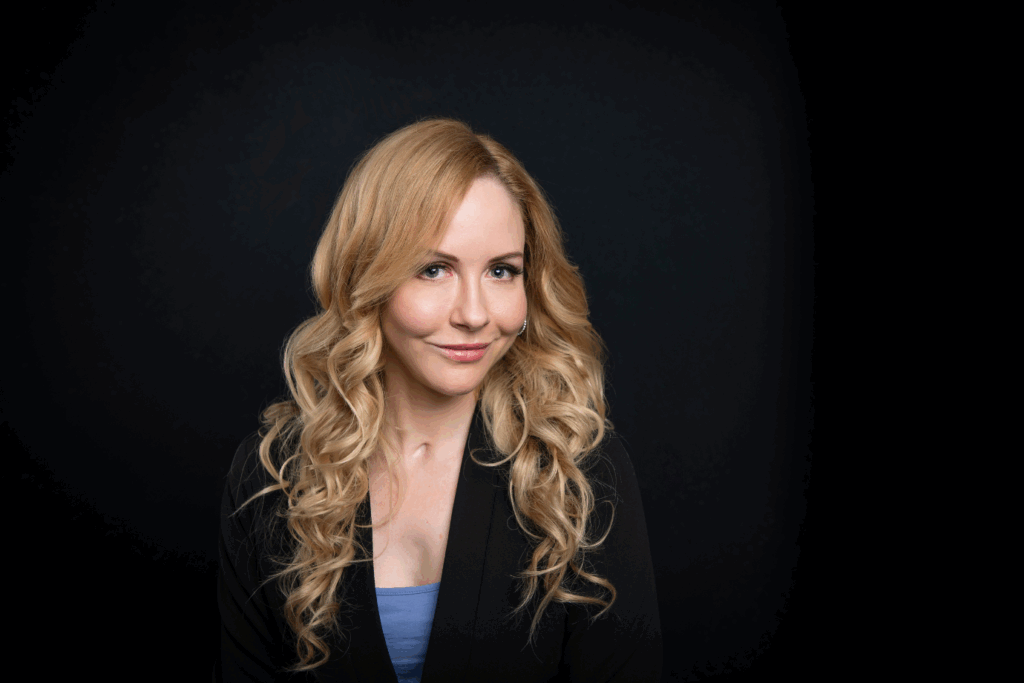“I was pitied,” said Ali France in her first speech to parliament. They are words I can relate to and something many disabled Australians know too well.
France was speaking not just about the physical adjustments after acquiring a disability, but about something more pervasive – the pitiful social gaze, often accompanied by a head tilt. The pity. The assumptions. The low expectations.
As someone who also acquired multiple visible and invisible disabilities over two decades ago, I felt the sharp sting of recognition in France’s words. And while France’s presence in Parliament is something I am thrilled by, her story reveals a larger issue: the culture of silence around disability in leadership.
According to research published in Time only three per cent of senior business leaders openly disclose having a disability – a figure staggeringly low given that the World Health Organisation (WHO) estimates around 20 per cent of the global population have a disability. And this doesn’t include all chronic illness, neurodivergence or every mental health conditions.
Too often, leaders choose not to disclose their diagnosis for fear of judgement, career limitation or outright discrimination.
Unfortunately, this fear is not unfounded.
Despite anti-discrimination laws and inclusion policies, the unwritten rules of professional life often suggest that disability equals liability or inability. I’ve seen it with my own eyes and experienced it multiple times.
You might be seen as “brave,” “inspirational,” or the dreaded “diversity hire.” But rarely are you perceived as equally competent.
This is the paradox many disabled professionals live with daily: reveal your disability and risk being underestimated or hide it and stay silent while pushing through barriers on your own.
Beyond ramps and elevators
What stops disabled people from thriving in leadership isn’t always architectural. More often, the barriers are attitudinal.
When I re-entered the workforce post-rehabilitation, it wasn’t the office layout that felt restrictive – it was the awkward pause when I mentioned my disabilities. It was the way colleagues looked at my prosthetic leg as a sign of incompetence. It was the assumption that I wouldn’t be up for the “big projects” anymore.
This is called the “disclosure dilemma.” People with disabilities are forced to weigh the benefits of reasonable adjustments against the professional risks of revealing a part of themselves that may lead to marginalisation. The result? A leadership landscape where disabled people are underrepresented because they lack psychological safety.
The cost of low expectations
Disability is not the most interesting thing about the wonderful Ali France. A former journalist and political staffer, she’s spent years advocating for others and working in policy. Yet in media coverage, her disability is often front and centre, as though it is her defining feature.
France’s narrative takes little thought from media professionals and it’s certainly not original: tragedy, resilience, triumph. But that framing is part of the problem. When disabled leaders are treated as inspirational exceptions, it reinforces the notion that their inclusion is remarkable. That their presence in the boardroom or in Parliament is unusual, not expected.
This lens also invites a cascade of assumptions: that disabled people are less capable, less ambitious, less valuable. These assumptions result in real consequences: missed promotions, lack of mentorship opportunities, exclusion from key decisions.
It’s no wonder many leaders with invisible disability, chronic illness or neurodivergence are choosing not to share their diagnosis.
The quiet majority
We know there are many more Ali Frances quietly occupying leadership roles. They are the CEOs with anxiety disorders. The directors managing autoimmune diseases. The politicians navigating late-diagnosed neurodivergence, like autism or ADHD.
And they are hiding in plain sight.
They aren’t disclosing not because their disabilities don’t affect their lives, but because doing so would likely affect their careers.
Towards a new normal
The representation of disabled leaders like Ali France is a vital reminder that disability is not rare, not shameful, and not incompatible with excellence.
To normalise disability in leadership, we need workplace cultures where disclosure isn’t dangerous. Where flexibility and access are standard practice. And where the presence of disabled professionals in positions of influence is as unremarkable as it is overdue.
France’s speech was powerful because she spoke about her disability unapologetically. She acknowledged the pity but didn’t let it define her.
If we want more disabled leaders to speak up, rise up and stay up—we must first remove the barriers that keep them silent. And that starts by challenging the idea that disability is something to be pitied at all.


